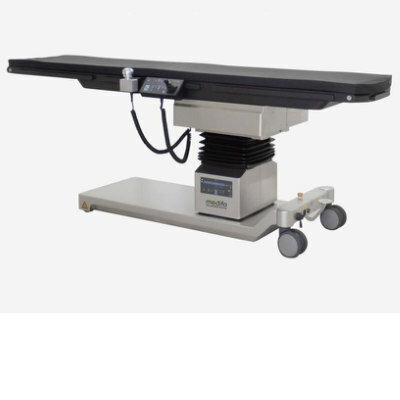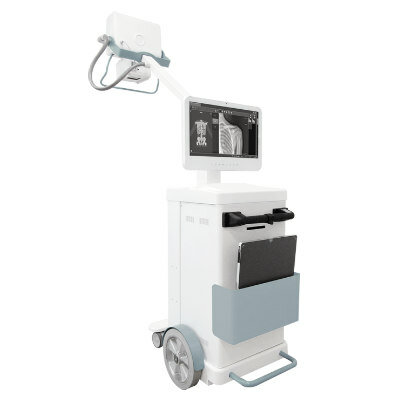Brain Network Scans Help Predict Effects of Injury
By MedImaging International staff writers
Posted on 03 May 2010
Clinicians may be able to predict better the effects of strokes and other brain injuries by adapting a scanning approach originally developed for study of brain organization. The technique, known as resting-state functional connectivity (FC), reveals the health of brain networks that let multiple parts of the brain collaborate. Posted on 03 May 2010
Earlier research has shown that damage to these networks helps explain the reason damage to one brain region can cause problems in abilities controlled by another brain region. Now, for the first time, scientists have linked differences in the nature of the harm done to brain networks to changes in the impairment experienced by patients.
"Clinicians who treat brain injury need new markers of brain function that can predict the effects of injury, which helps us determine treatment and assess its effects,” stated Maurizio Corbetta, M.D., a professor of neurology and professor of radiology and of neurobiology at the Washington University School of Medicine in St. Louis (MO, USA). "This study shows that FC scans are a potentially useful way to get that kind of information.” The results of the study appear in the March 2010 issue of the journal Annals of Neurology.
During FC scans, conducted using magnetic resonance imaging (MRI) scanners, study participants are asked to relax and do nothing. The scans allow scientists to monitor changes in blood flow to different regions of the brain. During periods of mental inactivity, blood flow in brain regions that are networked generally tends to rise and fall in synchrony.
In 23 patients who had recently suffered a stroke, researchers looked at two networks: one that directs attention to visual stimuli, and a separate network that controls arm movements. The two networks include regions in both brain hemispheres. They found patients with damage that disrupted network connections between regions on different sides of the brain had greater functional impairments than patients with injured connections between regions on the same side of the brain did. That meant, for example, that stroke damage on the left side of the brain might lead to problems with control of the right arm, but the losses were significantly worse if the left-side damage disrupted network connections with the right side of the brain.
Those results do not mesh with the traditional portrait of brain function, which puts the left side of the brain in control of the right side of the body and vice versa. However, this and other recent findings have neuroscientists thinking they may need to adjust that picture.
"It's not wrong to say that one side of your brain controls the opposite side of your body, but we're starting to realize that it oversimplifies things,” noted first author Alex Carter, M.D., Ph.D., assistant professor of neurology. "It's starting to seem like proper function requires the two hemispheres to be competing for attention, pushing against each other and thereby achieving some kind of balance.”
To additionally define and confirm FC's clinical applicability, researchers are planning additional studies of brain injury patients. They also plan to use FC in long-term studies of recuperation of such patients.
Related Links:
Washington University School of Medicine in St. Louis














